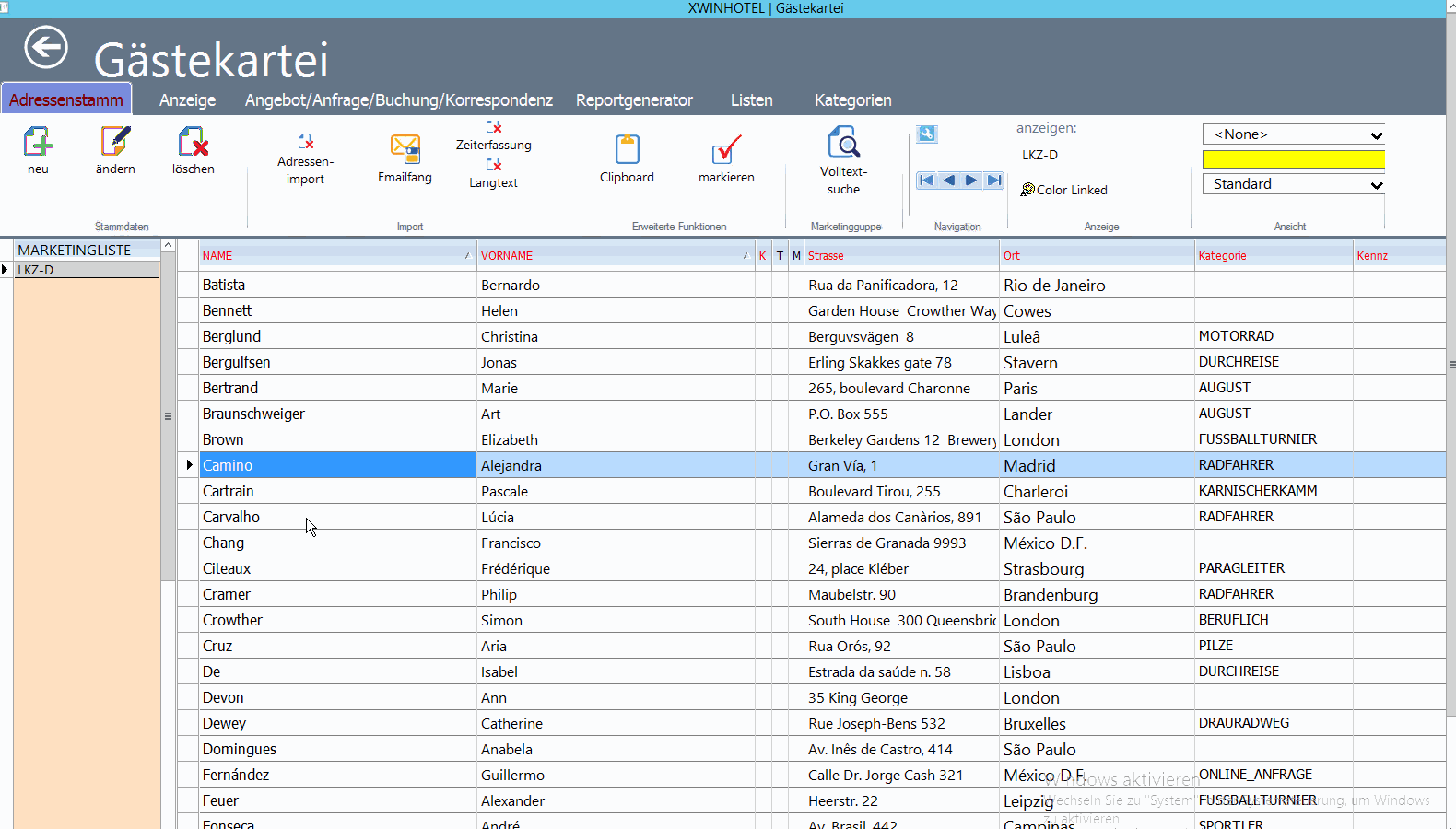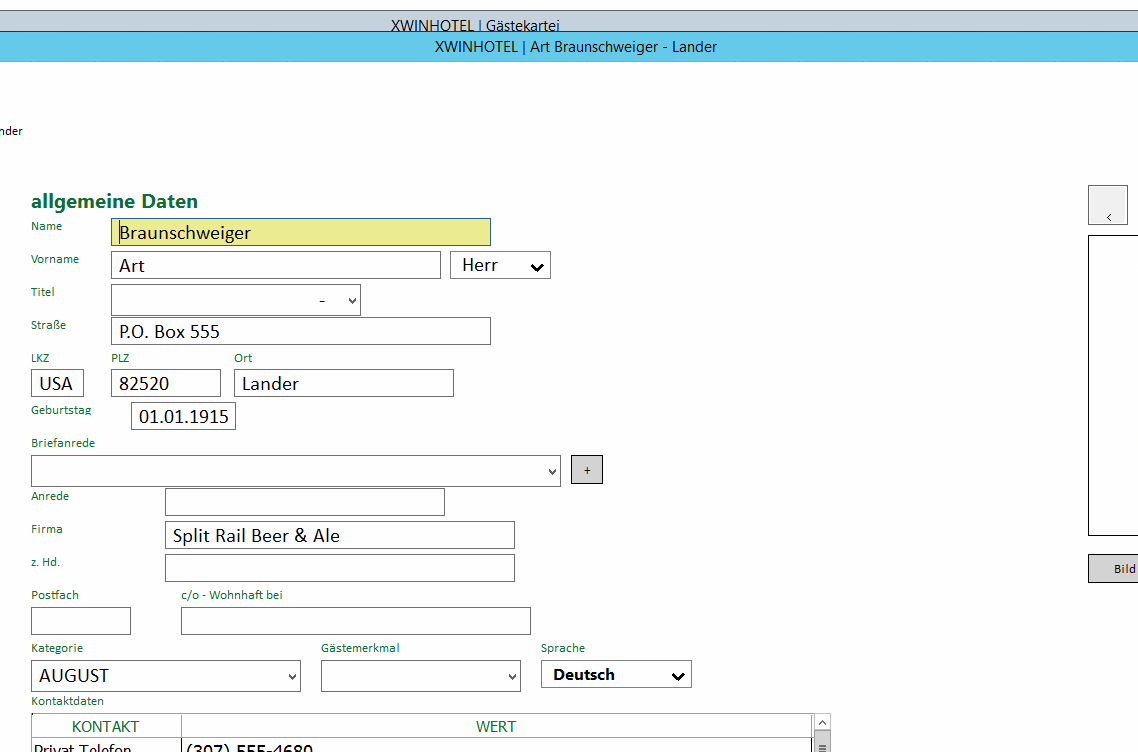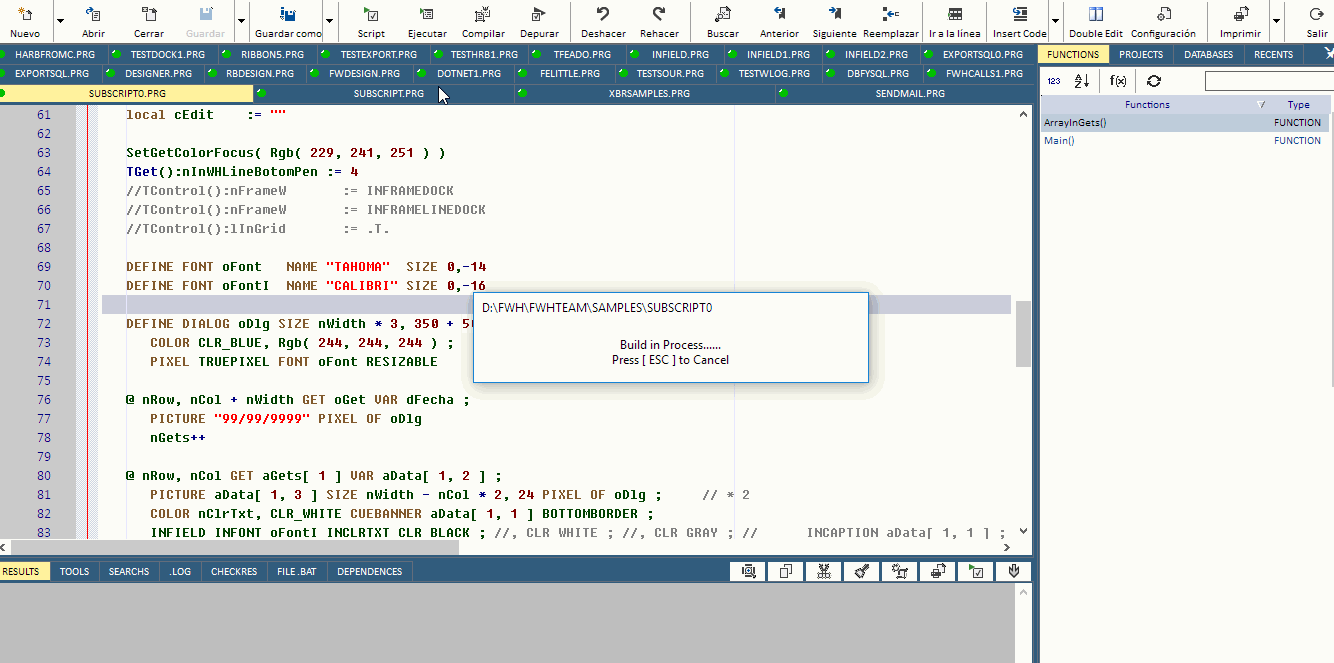Responsive desktop design
Hello,
Is there a way that we can achieve “Responsive desktop design” similar to RWD.
Best regards,
Otto
http://en.wikipedia.org/wiki/Responsive_web_design
From Wikipedia, the free encyclopedia
Jump to: navigation, search
Responsive web design (RWD) is an approach to web design aimed at crafting sites to provide an optimal viewing experience—easy reading and navigation with a minimum of resizing, panning, and scrolling—across a wide range of devices (from desktop computer monitors to mobile phones).[1][2][3]
A site designed with RWD[1][4] adapts the layout to the viewing environment by using fluid, proportion-based grids,[5][6] flexible images,[7][8][9] and CSS3 media queries,[3][10][11] an extension of the @media rule, in the following ways:[12]
Is there a way that we can achieve “Responsive desktop design” similar to RWD.
Best regards,
Otto
http://en.wikipedia.org/wiki/Responsive_web_design
From Wikipedia, the free encyclopedia
Jump to: navigation, search
Responsive web design (RWD) is an approach to web design aimed at crafting sites to provide an optimal viewing experience—easy reading and navigation with a minimum of resizing, panning, and scrolling—across a wide range of devices (from desktop computer monitors to mobile phones).[1][2][3]
A site designed with RWD[1][4] adapts the layout to the viewing environment by using fluid, proportion-based grids,[5][6] flexible images,[7][8][9] and CSS3 media queries,[3][10][11] an extension of the @media rule, in the following ways:[12]



